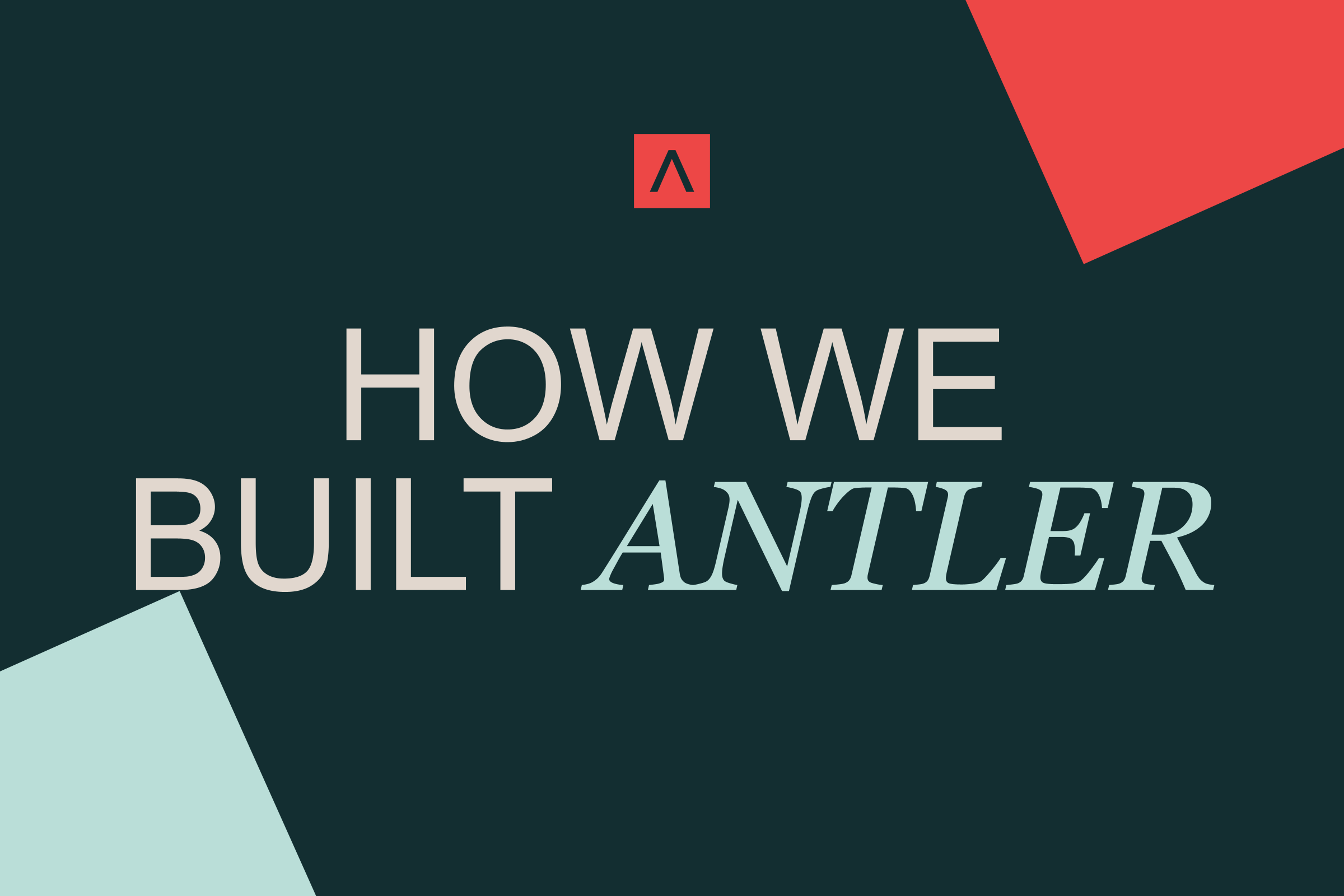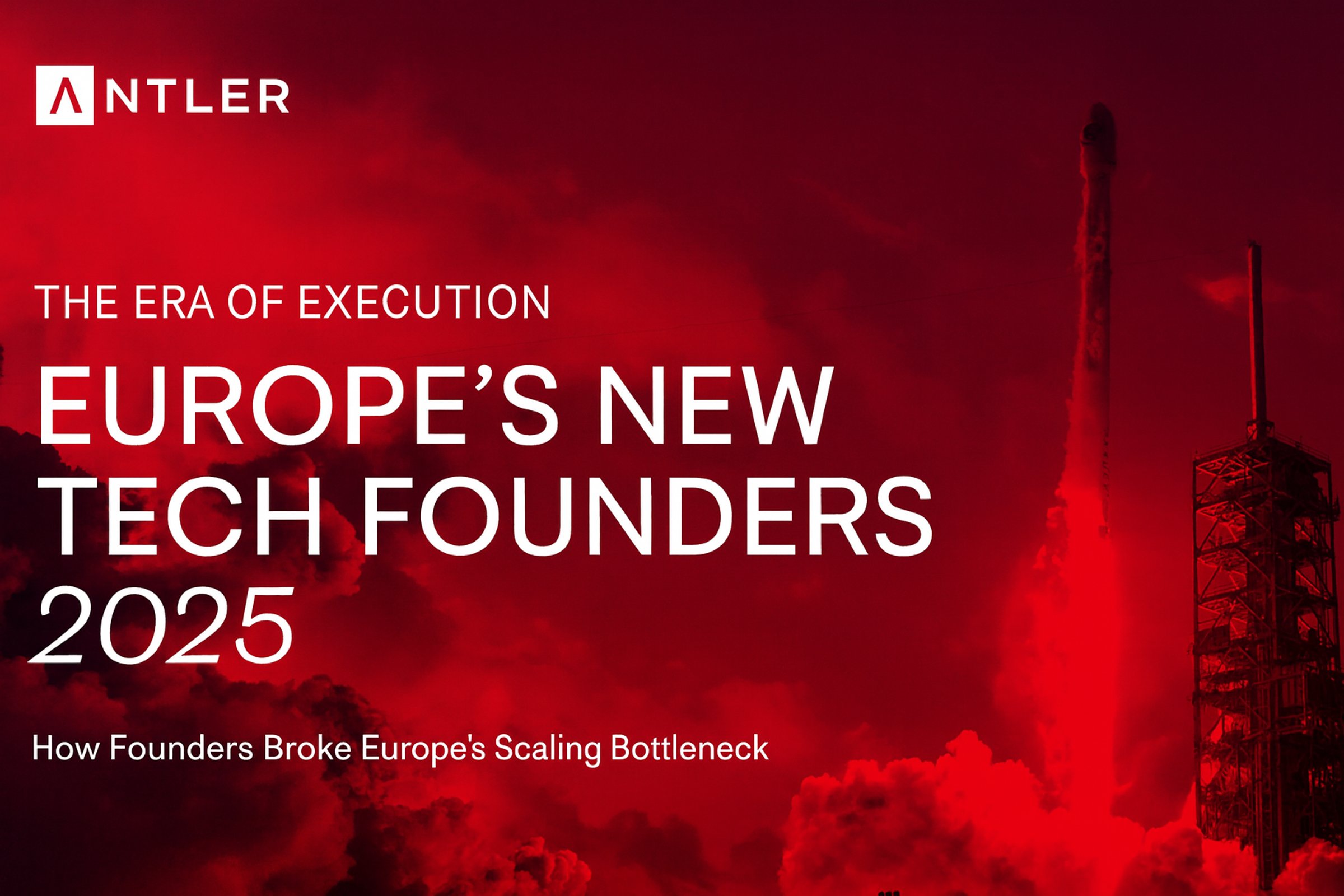Key Highlights From Transcript
On building technology and services to meet the unique needs of small businesses and entrepreneurs
Piers Linney: There's a huge issue that small businesses (that can be startups) are not as productive as they should be, because they're not capable or able to embrace technology. And the point is, often small businesses and entrepreneurs are time-poor, they don't really understand their options, and they're not embracing the explosion of technology that's out there. How do we change this? I liken it very much to the Neo-banks. So in the UK, we have Revolut, Monzo, Starlings - they use existing banking infrastructure, telecoms infrastructure, networking infrastructure. There was this customer experience being delivered that was stuck in the 1990s: ripping people off, charging them too much, not listening to them, telling them how they can and can't do things. They replaced that with the neo-banks and created a new customer experience and attracted a huge amount of customers. The same can be done in this market as well. So I want to change that game completely.
And the secret is the content. We're offering content to help you understand what you should be using, what's available to you, what your options are, what you should purchase, how you deploy it, and how you manage it. And eventually, the idea is you can manage your whole business on the Moblox platform.
On entrepreneurship forming the backbone of the economies of the future and Piers' advice for aspiring entrepreneurs
Piers Linney: I think that everyone essentially is going to become an entrepreneur - we are all going to end up working for ourselves within our generation. I think entrepreneurs and small businesses are the backbone of any economy. They created most economies, and are the kind of tooling which most economies are going to use to climb out of the hole that we find ourselves in.
So my advice to anyone who's thinking of starting a business is: do it. You don't have to jump out of a great career but just think about how you can start a business, how you can dip your toes in the water, and try it.
You'll make a lot of mistakes, a lot of things will go wrong, but you will always learn and eventually you will find the ability - be it the right timing, the confidence, access the capital, the right idea - to step out of your life that you may perhaps be too comfortable in to try something that can be life changing.
Test your hypothesis. Don't be afraid of failure. Make sure investors come into it wide open, and you do as well. Test it and if it doesn't work out, go again. Most people I know that are successful, it's their second, third, even fourth business that really makes them.
On the diversity issue within venture capital that prevents minority founders from accessing social and financial capital
Piers Linney: There are invisible hurdles that shouldn't be there. I can boil it down to two things: social capital and financial capital. Access to social capital is hard to fix because that can be generational. "Who are you? Where did you grow up? What did your parents do? Who do you know? What's your network? How much do you earn? What job did you have before you started your business? Have you got some savings?" That kind of stuff. Financial capital can also be about "Who do you know? Have you got the confidence? Do you understand the markets? Do you understand venture, startup, the process, what you need to do?" And of course, your access to financial capital is often inextricably linked with your social capital. When I came out of my school in the North of England, I didn't have a clue about the city or finance, but I learned the ropes as a VC lawyer and at Credit Suisse, I could talk the talk, I could put a presentation together, I could be investor-ready, and go and pitch. Whereas a lot of entrepreneurs wouldn't have a clue where to start.
On using machine learning to quantify bias within the VC space
Piers Linney: There's one interesting piece of research done by Extend Ventures where they use machine learning and computer vision. They got computers to look at VC press releases and announcements and the names. Then they use machine learning to teach the algorithm to recognize racism and see if there is bias in there somewhere.
And it turned out that in the UK, only 0.2% of venture capital money went to Black entrepreneurs. The most horrifying statistic that came out was that only one black woman had raised a Series A round in the last decade in the UK.
So that paints a picture of the capital markets, which we need to change, because my view is that everyone should have a fair shot at being the best they possibly can and building a business. I think the idea of "employment" is disappearing. So whether it is a gig economy, or zero contracts, or having a small collective or starting a business, that's where the world's going. Not having access to fair access to capital is a huge hindrance to that process. And therefore a hindrance on fairness, equality in society and the economy. And the last point I'll make is - we are leaving a huge amount of value on the table in terms of not absolutely wringing all the potential out of the people that form part of the society in which we live.
Companies that Piers mentioned in this episode
Extend Ventures - a not-for-profit organisation with the goal of helping diverse entrepreneurs turn their ideas and visions into successful companies.
Wonderbly - an online personalised children's book publishing company that sits at the intersection of storytelling, engineering, digital and print.







.png)

